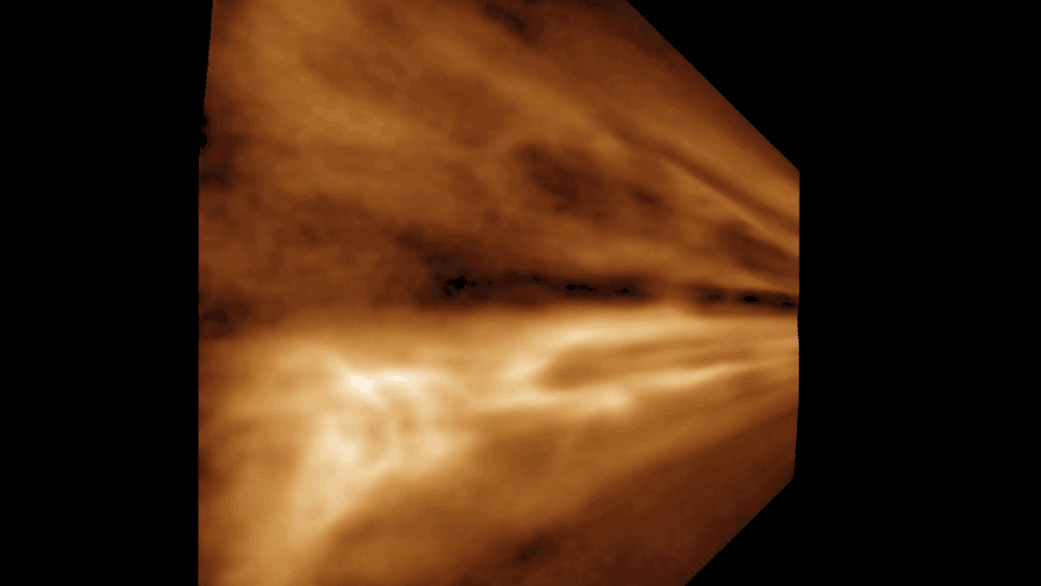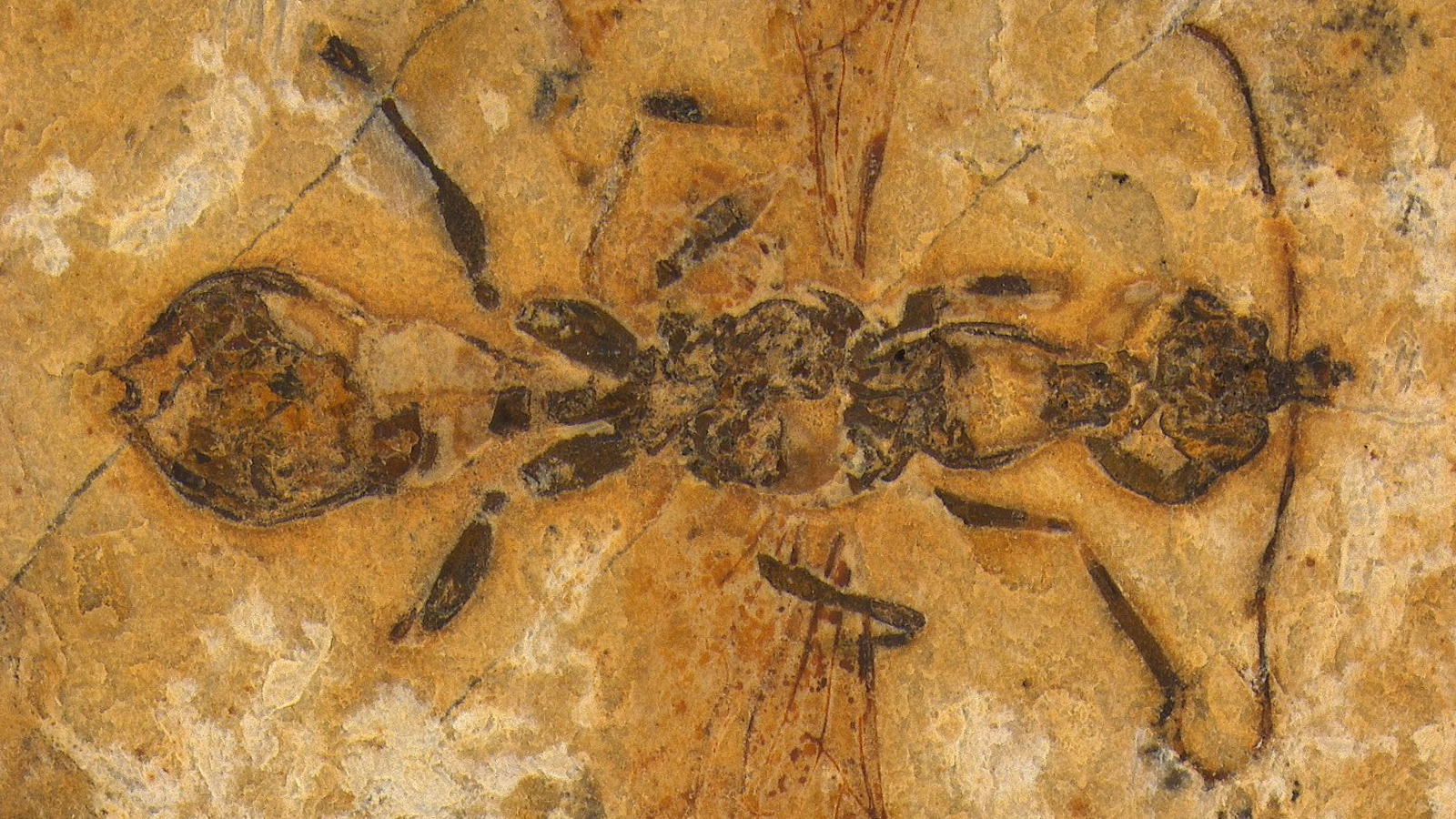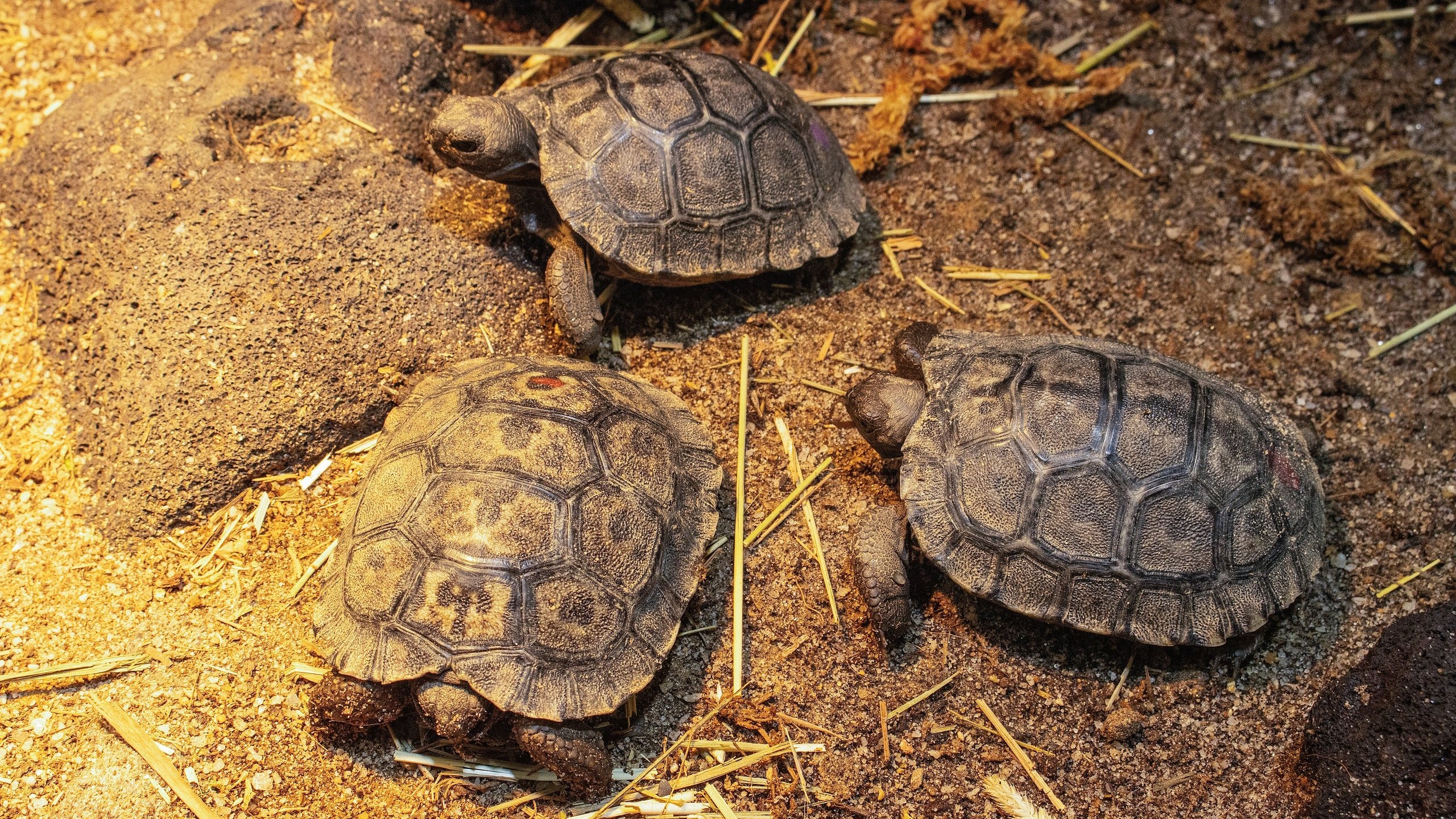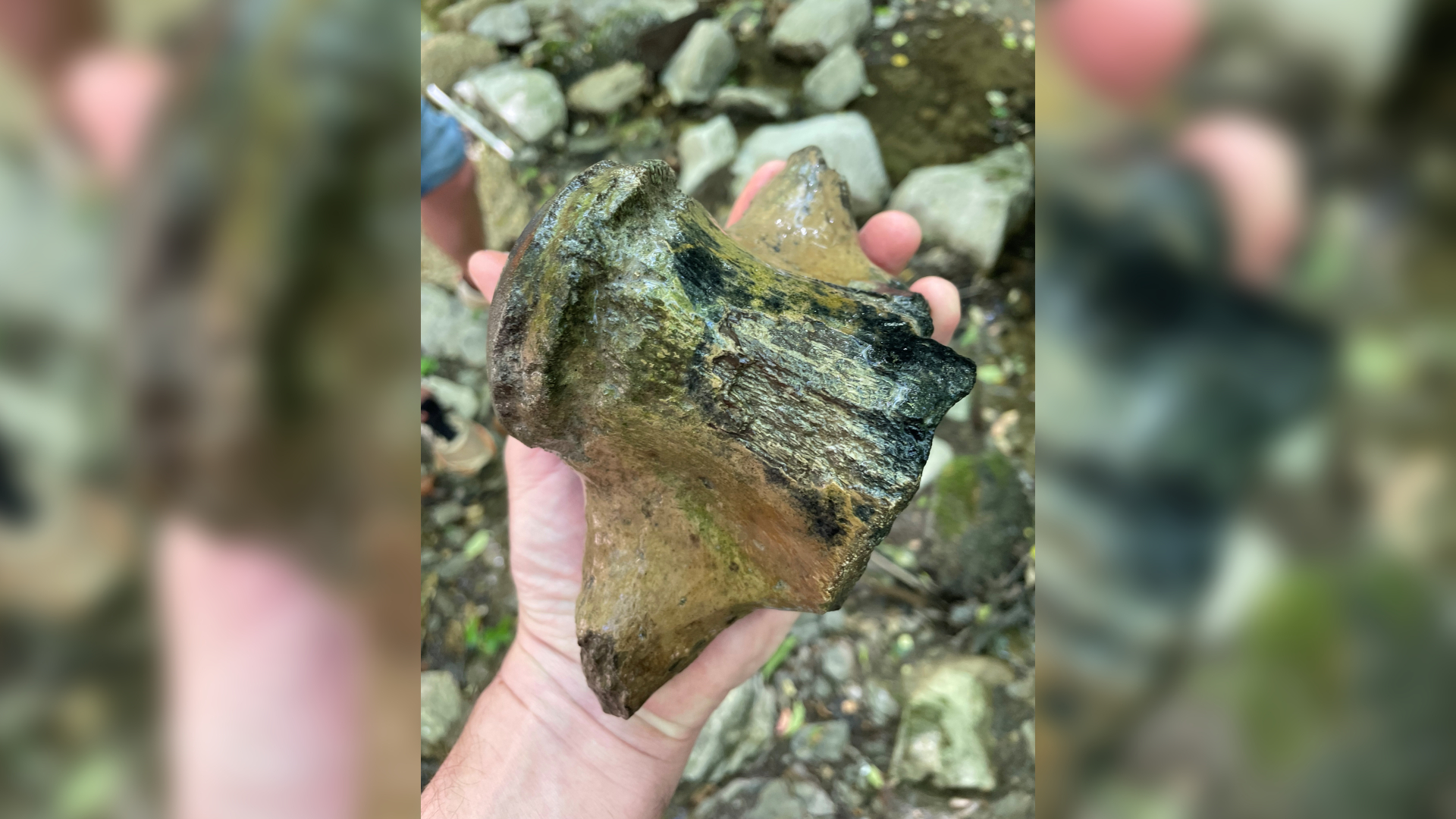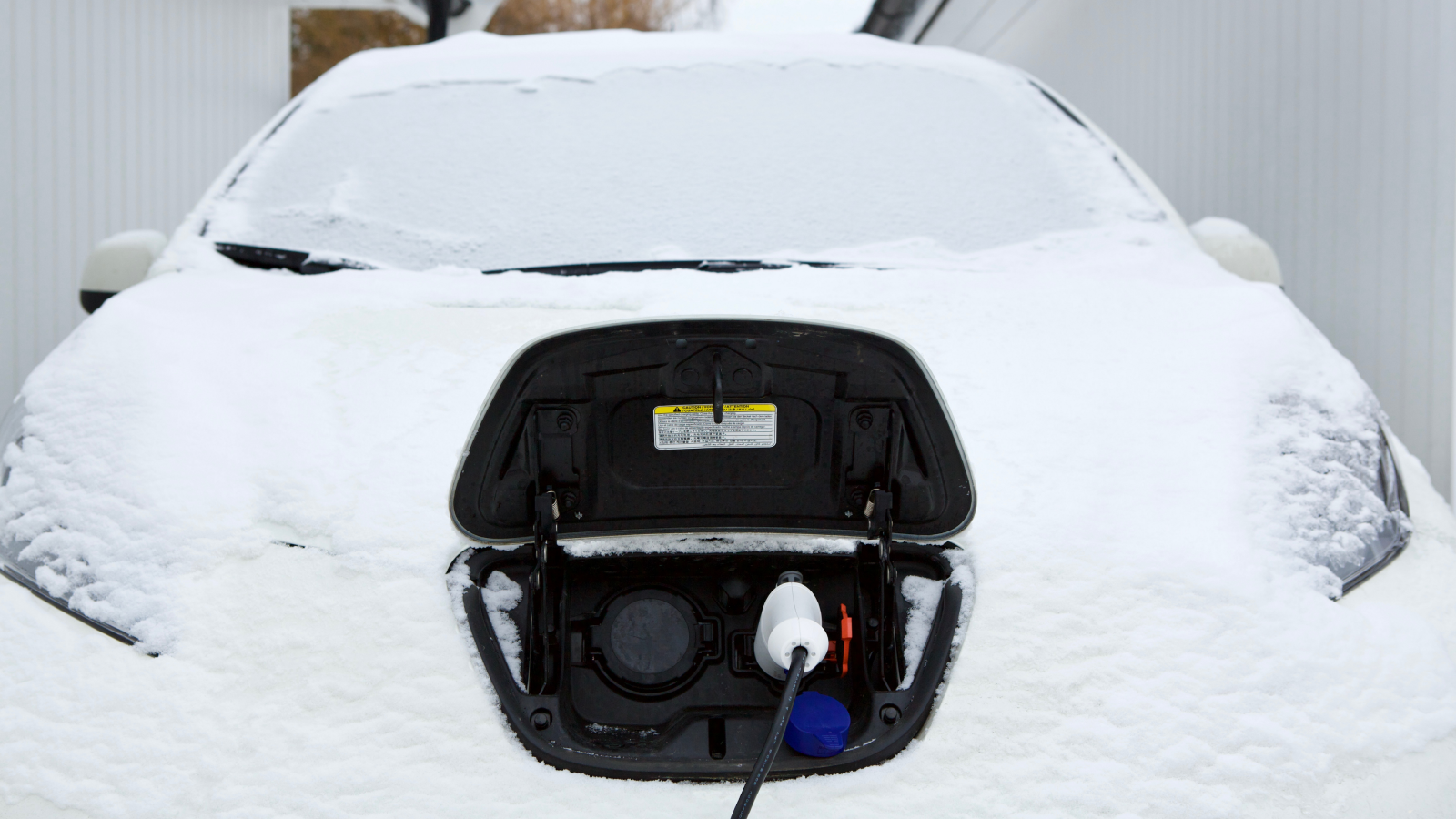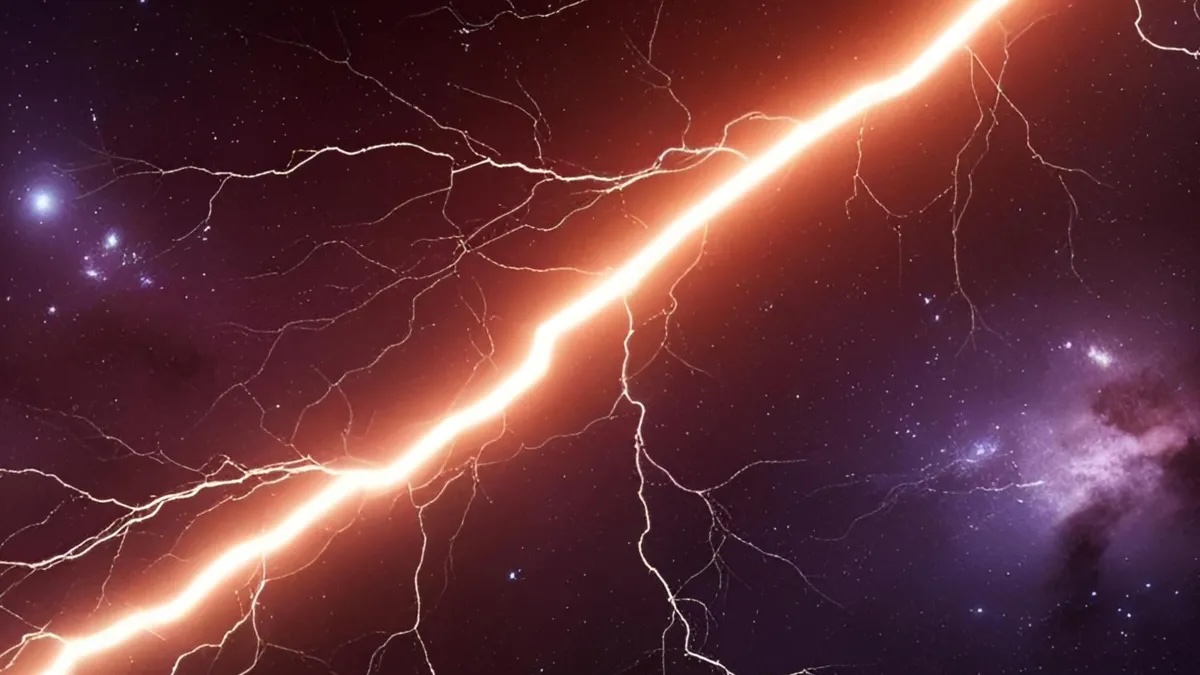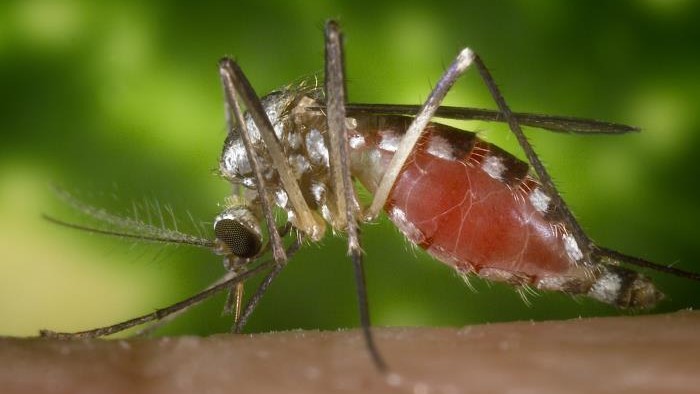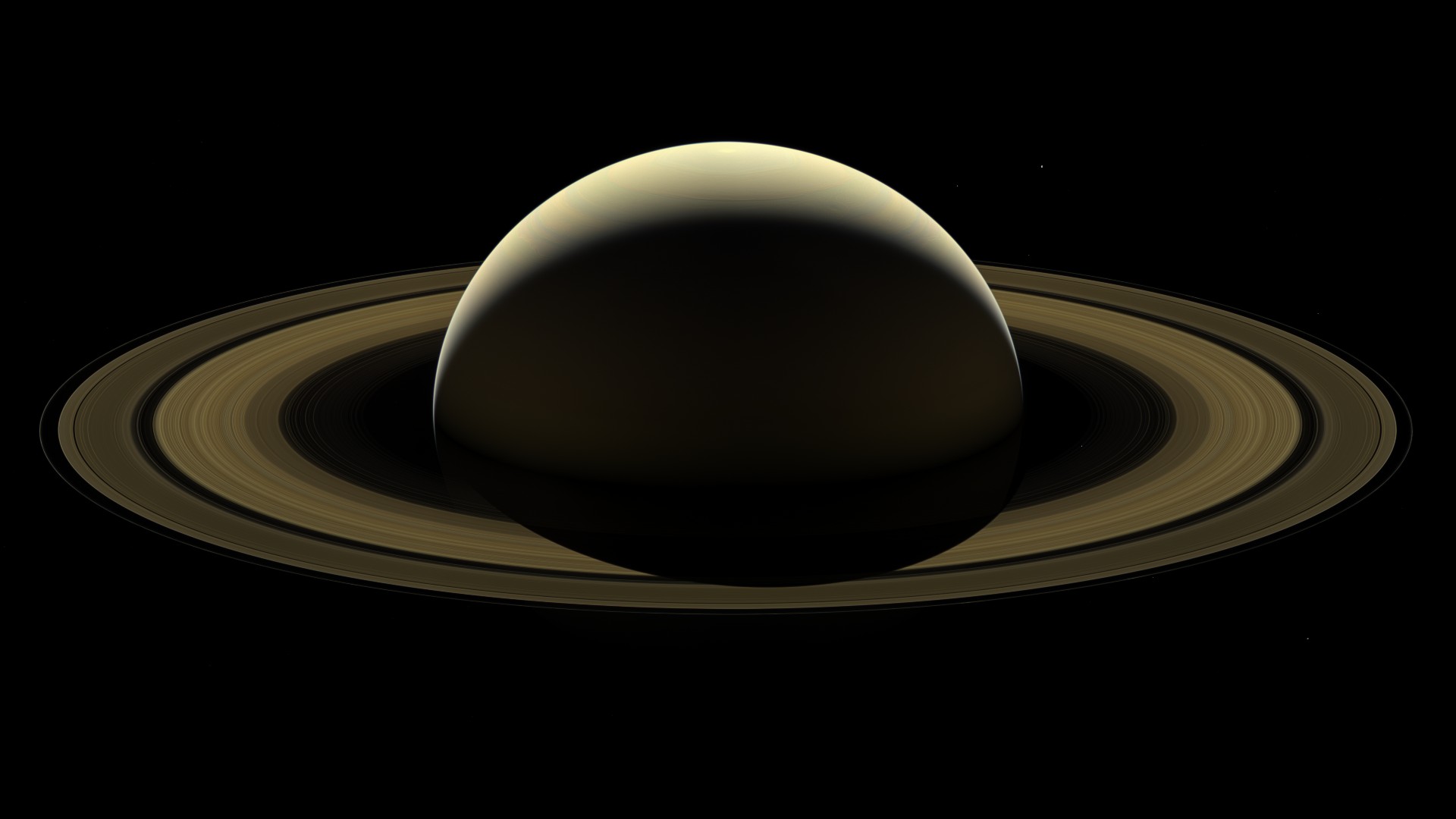Energy of Volcanoes Harnessed to Generate Power
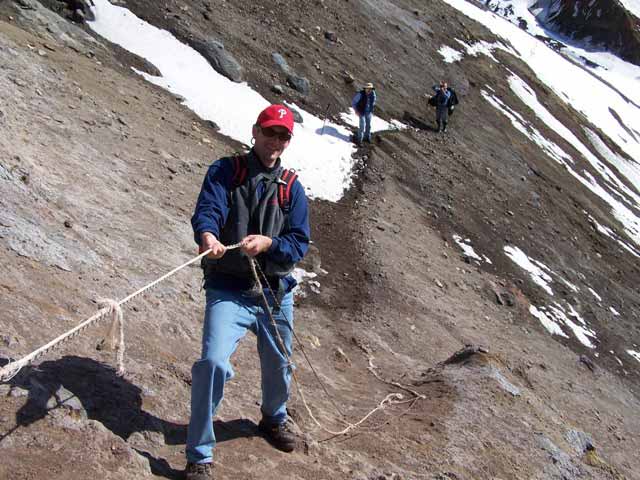
Editor's Note: ScienceLives is an occasional series that puts scientists under the microscope to find out what makes them tick. The series is a cooperation between the National Science Foundation and LiveScience.
Name: Adam C. Simon Age: 37 Institution: UNLV, Department of Geoscience and the High Pressure Science and Engineering Center Field of Study: Geochemistry, Economic Geology, Volcanology
UNLV geochemist Adam Simon is part of an international team seeking to better understand what drives volcanoes to erupt and how the heat from volcanoes can be harnessed to generate geothermal electrical power. Their results will have a direct impact on geothermal power production in the western United States, where legislative mandates require states to turn increasingly to renewable resources in the future. Simon is also interested in the potential of volcanoes to produce high quality gold and silver ore deposits, which can contain platinum and palladium. The latter two metals are important in catalytic converters, and platinum is used as a catalyst to produce cancer medications. Determining the critical factors in ore deposition should help Simon identify the most likely places for additional ore deposits in Russia, Nevada, and around the world. Considering that Nevada currently produces 80 percent of the total gold mined in the United States and ranks fourth among all global producing countries, Simon's research is vital to mining exploration and the national economy. Read more about Simon at http://magazine.unlv.edu/Issues/Fall07/16-17whatlies.html and see his answers to the ScienceLives 10 questions below.
What inspired you to choose this field of study? I was always outdoors as a child and developed a passion for the natural world. Somehow, once I got to college I enrolled as a political science major, but I took Geology 101 my first semester and was fortunate enough to have a Geology instructor who narrated the history of the Earth so eloquently that I changed my major that semester. My undergraduate advisor encouraged me to participate in research and the rest is history.
What is the best piece of advice you ever received? Treat school as a full time occupation and only do it if you love it. Too many students today view post-high school education as a rite of passage, part of the entitlement generation. I pursued my degrees with an intense passion to learn as much as a I could. I’m still learning and consider myself a perennial student. School is a privilege and it should be treated as such.
What was your first scientific experiment as a child? I was 5 years old and wanted to see how chocolate chips would melt in different pots. I put four pots on the stove and chocolate chips into each one. No stirring. Just observation. The chips did melt. The pots were destroyed. Today I put rocks in furnaces and melt them at much higher temperatures. And yes I still destroy "pots," although now they’re a lot more expensive.
What is your favorite thing about being a scientist or researcher? I earn a salary for doing what I love. My research is helping to change our understanding of Earth processes and my work in the classroom is helping to inform a new generation of voters about their natural environment.
Sign up for the Live Science daily newsletter now
Get the world’s most fascinating discoveries delivered straight to your inbox.
What is the most important characteristic a scientist must demonstrate in order to be an effective scientist? Never be afraid to test a new idea. There is no such thing as an unsuccessful experiment.
What are the societal benefits of your research? My research helps mining geologists locate new deposits of platinum group elements, vital components in cancer medications, fuel cells, and catalytic converters.
Who has had the most influence on your thinking as a researcher? My undergraduate and post-doctoral advisors are the consummate philosophers. They instilled in me a strong need to always question. Never trust anyone until you think it through yourself.
What about your field or being a scientist do you think would surprise people the most? I despised science in high school, and I actually failed chemistry as a junior. The teaching was terrible and incredibly un-stimulating. I’m sure other adolescent issues also led to my downfall in that class, but it was truly unbearable. But then I hit college and excelled with relative ease when put into an environment where faculty truly had the passion to teach.
If you could only rescue one thing from your burning office or lab, what would it be? I don’t worry about such scenarios. Material goods can be replaced.
What music do you play most often in your lab or car? Classical. My favorite station is Radio Swiss Classic out of Bern, Switzerland. Great symphonies and opera. I have no clue about much of the dialogue in Italian and French opera and this reminds me constantly that there is always more to learn. Great ego check.
- Gallery: Wild Volcanoes
- Gold Quiz: From Nuggets to Flecks
- New Gold Rush: Party Like It's 1849
